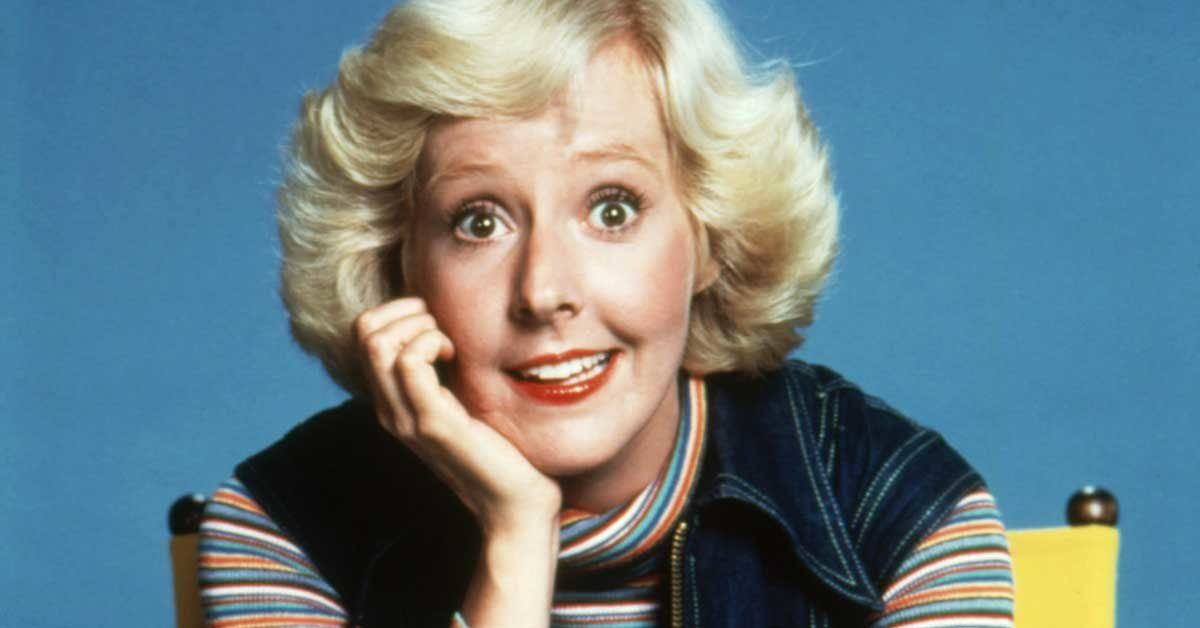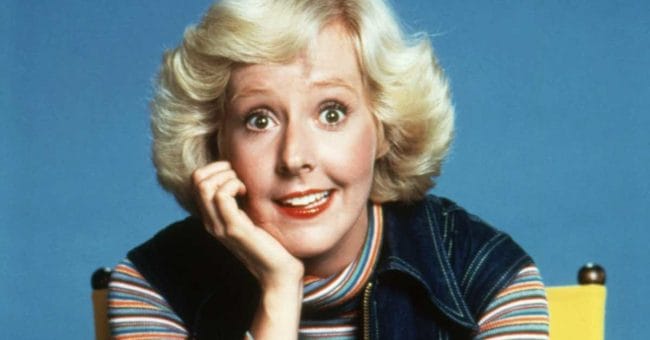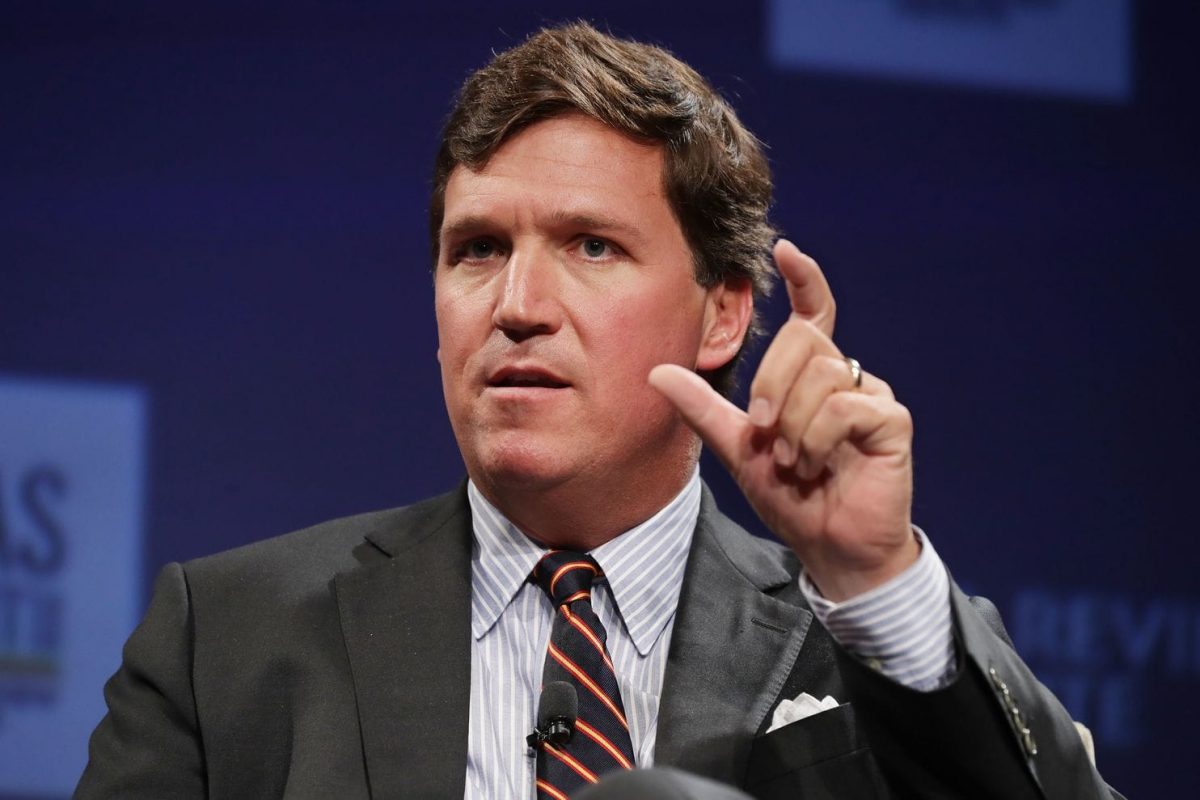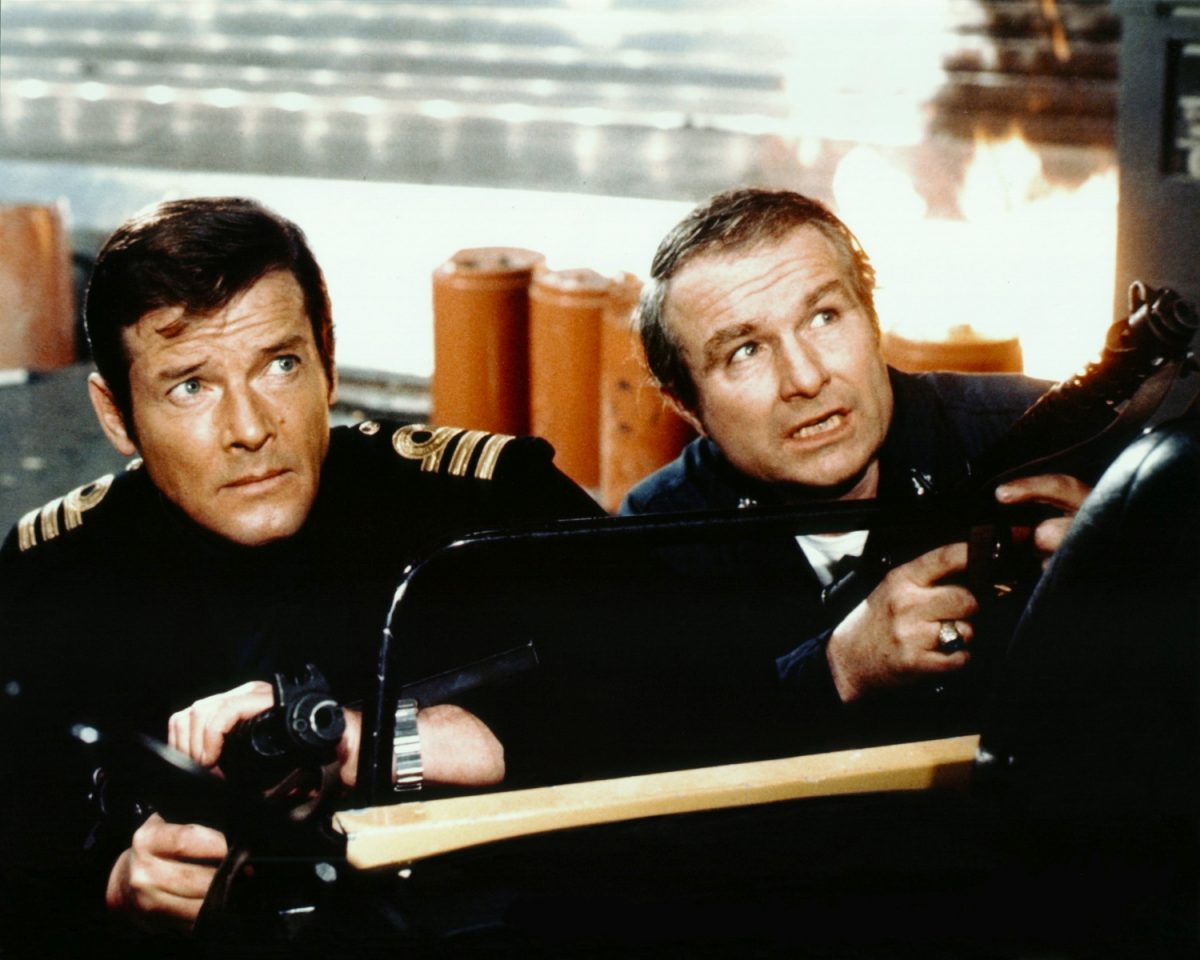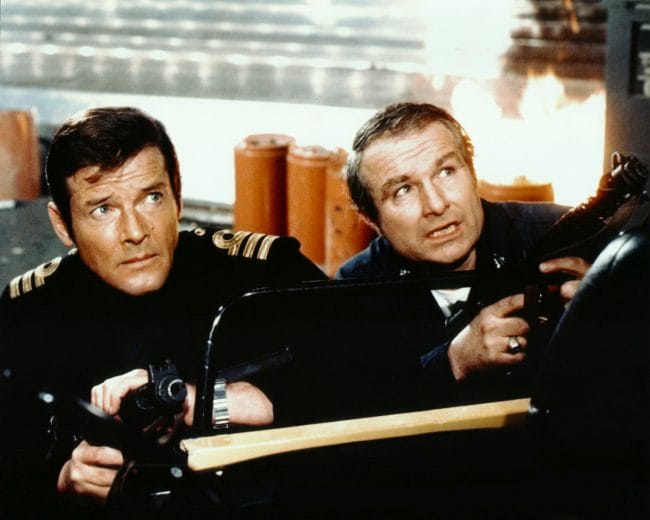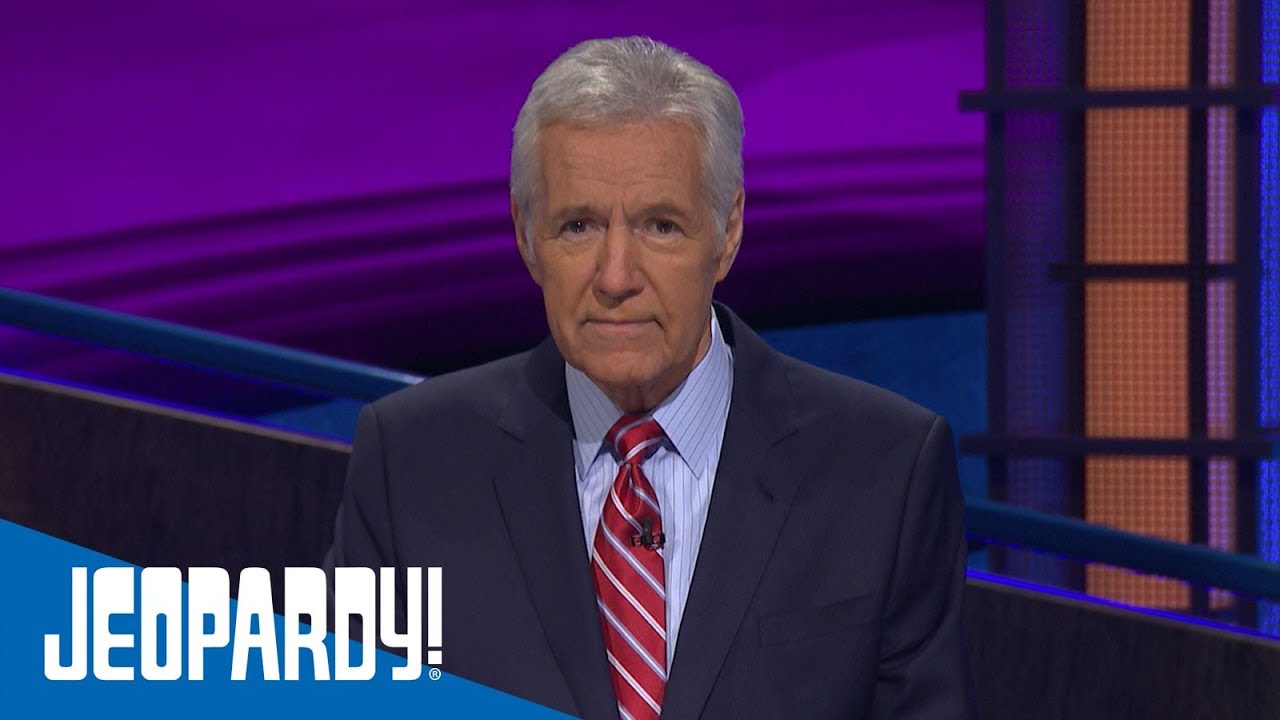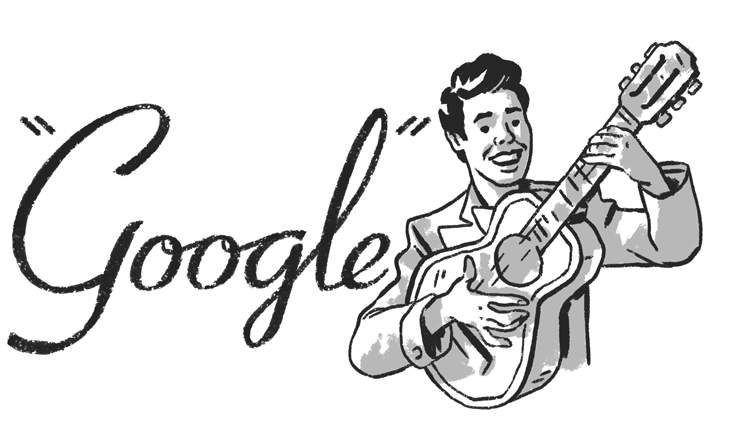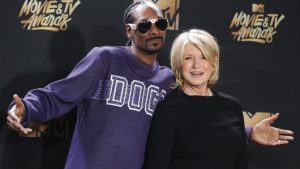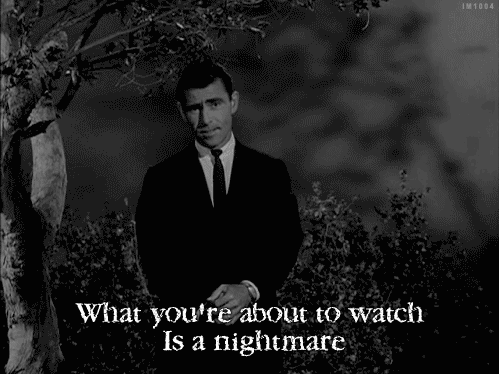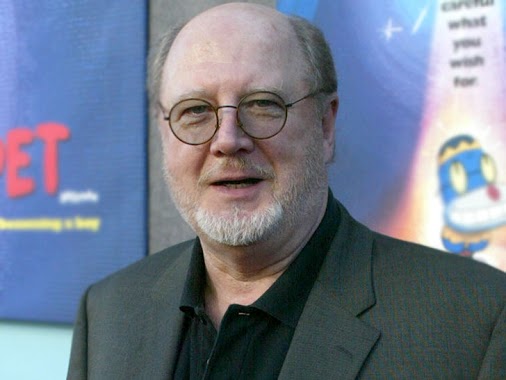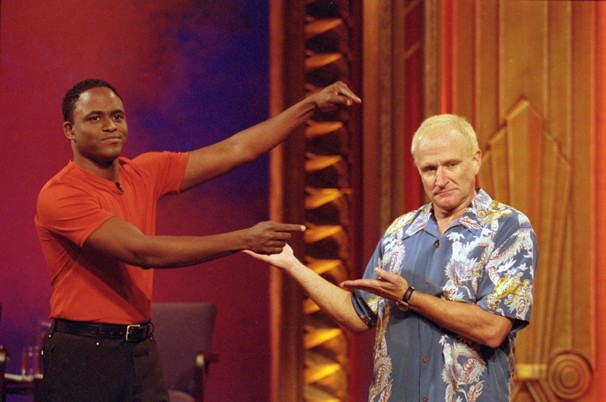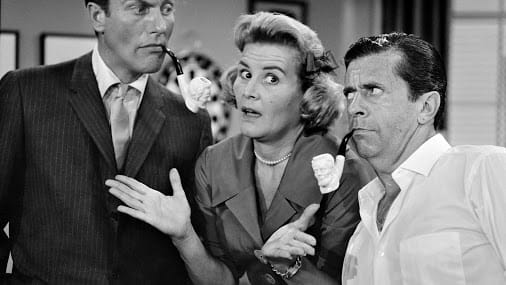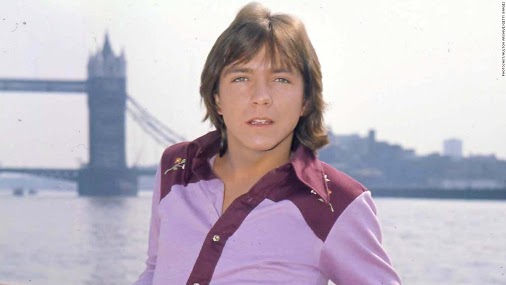I mean, everyone knew Robert Redford, and Robert Redford movies. I mean, everyone. Even me. I am so not-into the Hollywood motion picture thing, as a whole, that usually the number of Oscar Best Picture nominations I’ve seen can be counted on the thumbs of one foot.
And even I’ve heard of Robert Redford.
In fact, the crazy thing about Robert Redford, for me, is that every time I’ve turned around since his passing was announced, I’ve been reminded of yet another film — oh, yeah, that had Robert Redford in it, too!
An amazing CV, that man.

The Rolling Stone article linked there tosses in 20 significant / “essential” movies from his corpus, and, no surprise, I’ve seen a few (**), I’ve heard of more (*), and I’ve never heard of a surprising number.
The Chase (1966)
Barefoot in the Park (1968)*
Butch Cassidy and the Sundance Kid (1969)**
Downhill Racer (1969)
The Candidate (1972)*
The Hot Rock (1972)
Jeremiah Johnson (1972)*
The Sting (1973)**
The Way We Were (1973)*
The Great Gatsby (1974)**
Three Days of the Condor (1975)*
All the President’s Men (1976)**
The Electric Horseman (1979)**
The Natural (1984)*
Out of Africa (1985)**
Legal Eagles (1986)*
Indecent Proposal (1993)*
The Horse Whisperer (1998*
All Is Lost (2013)
The Old Man and the Gun (2018)
 One of those, The Sting, is on my Ten Movies on a Desert Island (with Electricity and a Blu-Ray Player) list. It was near the end of Redford’s “boyish” phase — his Johnny Hookier is still getting by on that big smile and fake golly, ma’am charm — but he plays an integral role in the amazing ensemble cast.
One of those, The Sting, is on my Ten Movies on a Desert Island (with Electricity and a Blu-Ray Player) list. It was near the end of Redford’s “boyish” phase — his Johnny Hookier is still getting by on that big smile and fake golly, ma’am charm — but he plays an integral role in the amazing ensemble cast.
It’s the opposite story with Butch Cassidy — the film itself feels too iconoclastically 60s/70s, defying or poking fun at all the cowboy film tropes a bit too hard. It succeeds because Redford and Newman (and Ross) are such charming characters.
 It’s worth noting that Out of Africa was the first movie I ever bought on video-tape (VHS, for the record), back in the days before I realized I shouldn’t buy sweeping, moving dramas, no matter how sweeping and moving they were, because I was unlikely ever to rewatch them.
It’s worth noting that Out of Africa was the first movie I ever bought on video-tape (VHS, for the record), back in the days before I realized I shouldn’t buy sweeping, moving dramas, no matter how sweeping and moving they were, because I was unlikely ever to rewatch them.
Handsome. Charming. Boyish. Tousled. Magnetic. Casual. Impish. Gravitas. All those words keep getting tossed around about Redford, and the fact is, they can all be legitimately tagged on him. Remarkable.
I could comment more on a number of others form that RS list, but I’d like to put in my own word on a couple of Redford appearances that I know him from. And, yes, they lean on the geeky side:
 The Twilight Zone, 03×13 “Nothing in the Dark” (1962) — And, yes, this is TV, not movies, but it still tracks. Redford plays a minor but essential role here as a beat cop whose shooting and mortal injuries are the only thing that can stir an agoraphobic old lady (oldies film star Gladys Cooper), who’s terrified that her apartment building home is being torn down, to reach out of her shell and reclaim her humanity. It’s a George Clayton Johnson TZ, so plenty of maudlin feel-good in there, but it’s also deeply moving, and Redford plays his part to a tee.
The Twilight Zone, 03×13 “Nothing in the Dark” (1962) — And, yes, this is TV, not movies, but it still tracks. Redford plays a minor but essential role here as a beat cop whose shooting and mortal injuries are the only thing that can stir an agoraphobic old lady (oldies film star Gladys Cooper), who’s terrified that her apartment building home is being torn down, to reach out of her shell and reclaim her humanity. It’s a George Clayton Johnson TZ, so plenty of maudlin feel-good in there, but it’s also deeply moving, and Redford plays his part to a tee.
He also looks so damned young, which is part of the point.
 Captain America: The Winter Soldier (2014) — Dismissed as a “cameo” by Rolling Stone, Redford’s Alexander Pierce calls on all his charm and gravitas to play the charismatic “World Council” coordinator and (spoilers) covert Hydra agent who’s spearheading the paranoid plot that Cap et al. have to thwart.
Captain America: The Winter Soldier (2014) — Dismissed as a “cameo” by Rolling Stone, Redford’s Alexander Pierce calls on all his charm and gravitas to play the charismatic “World Council” coordinator and (spoilers) covert Hydra agent who’s spearheading the paranoid plot that Cap et al. have to thwart.
I mean, it’s not Citizen Kane, but in Redford’s hands the role and heel turn is far more central and interesting than it would have been in a more generic actor’s hands.
 Sneakers (1992) — Another desert island list nominee, Sneakers is a dramedy caper flick, starring a Robert Redford who’s supposed to be looking his age playing Martin Bishop, head of a ragtag private security firm that’s hired to do “sneaks” into corporations to test their physical and (ooh!) computer security. Redford gets to work his light comedy chops here, while also taking on the serious part of a man realizing he’s frittered much of his life away, never having gotten past (emotionally or legally) his college prankster past, which is now seriously catching up with him. It’s a great ensemble cast again, with Redford at the heart of it, and I’ve watched it more times than I can count.
Sneakers (1992) — Another desert island list nominee, Sneakers is a dramedy caper flick, starring a Robert Redford who’s supposed to be looking his age playing Martin Bishop, head of a ragtag private security firm that’s hired to do “sneaks” into corporations to test their physical and (ooh!) computer security. Redford gets to work his light comedy chops here, while also taking on the serious part of a man realizing he’s frittered much of his life away, never having gotten past (emotionally or legally) his college prankster past, which is now seriously catching up with him. It’s a great ensemble cast again, with Redford at the heart of it, and I’ve watched it more times than I can count.
Anyway, that was a lot more time than I thought I’d spend thinking about Redford’s passing
Thank you, sir, for many hours, past and future, of entertainment. You were a star.
Do you want to know more?


